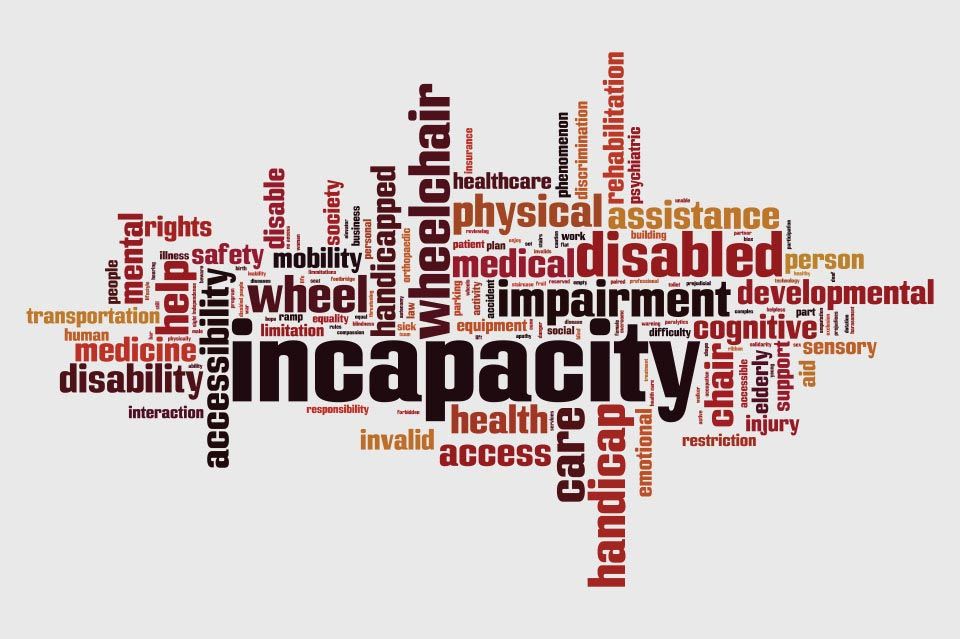Hopefully, you’ll never have to deal with a personal injury case. However, you could get caught in an accident and need help navigating how to handle it. That’s where our experienced team at Warren Allen LLP can help. It’s always good to be careful, but when something blindsides you, our representatives are here to get you the compensation you need.
A personal injury case begins when you experience an accident that results in you being injured or in the death of a loved one. So, what constitutes a personal injury?
Here are four facts about personal injury cases to help you get started.
1. Personal Injury Is Not the Same as Bodily Injury
The terms personal injury and bodily injury are sometimes used interchangeably, but they have two different meanings. If you have a personal injury lawsuit, that means you’re a plaintiff looking for compensation because you’re a victim of an accident or a social wrong (as in a defamation of character case). The defendant is the person you’re suing for compensation from. Their negligence caused an injury to you.
For instance, consider a situation where the manager of a store fails to fix a loose railing for the stairs and doesn’t post any signs about it to warn people against using it. While in the store, you use the railing, fall down the stairs, and break your leg. In this case, you can ask for compensation for your medical bills and lost wages while you recuperate.
If you have a bodily injury case, it’s most likely in the context of a car accident. If you sustained bodily injury in a car accident, the at-fault driver’s insurance will pay out compensation to you, whether you’re a pedestrian, another driver, or a passenger in another car. This compensation can be for out-of-pocket medical expenses, treatment procedures (such as x-rays, specialist doctor’s visits, and physical therapy), and transport to the hospital. Other plaintiffs have been known to receive compensation for pain and suffering, but this tends to be rare in bodily injury cases, as insurance companies typically pay out for physical injuries.
2. It’s All About Negligence
Remember the example of the stairway railing? Imagine instead that there had been a prominent sign posted stating not to use the railing or that the railing was going to be fixed soon. If you still used the railing, fell, and broke your leg, you probably wouldn’t have much of a case because the store was not being negligent.
In a personal injury case, you also need to prove that there was negligence on behalf of that company. This railing example would be known as a premises liability lawsuit and can be filed against the person or entity in control of those premises. Personal injury claims come up frequently in cases where there are defective products, professional malpractice, or abuse as a result of nursing home negligence. The most common personal injury cases tend to be car accidents, product liability, dog bites, and slip and fall accidents.
3. Compensation for a Personal Injury Claim
There are two kinds of compensation you can expect from your personal injury claim: economic and non-economic.
Economic compensation is what most of us think of when we think of compensation: money to pay for our actual losses, that is, medical bills, out-of-pocket expenses, and lost wages.
Non-economic compensation is a little different. You’re still being paid money, but it’s to compensate for the damages of pain and suffering, which may not have a monetary value. Some states have a set “cap” for these pain and suffering cases, so you cannot win more than that set amount for your case.
An example of a pain and suffering case would be a medical malpractice claim, such as if a doctor failed to diagnose or misdiagnosed your symptoms. They could have also misread or ignored laboratory results or failed to order the proper tests (or failed to order tests at all). This is negligence on their part and is a violation of the standard of care. In this case, however, it’s not enough to have suffered the malpractice. You also must show that you were injured due to their negligence or that your injury resulted in significant damages.
4. What Is the First Thing I Should Do After an Accident?
The order of operations is important, and you should make sure to have all your ducks in a row. This makes everything move a lot faster (having all of your information ready to go may also lend you a little more credibility) and will get you your compensation faster.
After an accident, make sure to gather information for the other people involved. Gather names, phone numbers, and addresses for the people who injured you and for any witnesses. Keep a careful record of your symptoms, injuries, doctors’ visits, payments you’ve made, wages you’ve lost, and other information that seems important. Take pictures of the space, of the vehicles, and of your injuries, and write everything down as well. Include medical treatments that are recommended for you by medical experts and how much those treatments cost.
Representation
Individuals can represent themselves in cases like this, but it’s not really recommended. Besides, you’re still recovering from an accident that’s probably sapping your energy and causing anxiety. It may cost some money to hire a personal injury lawyer, but having a professional in your corner who knows what they’re doing, who can investigate your claim, who knows your rights, who can speak with your insurance company, and who can argue your case in court will give you great peace of mind. You’ll feel a lot better than if you were trying to handle it yourself.
The more information you can assemble about your situation, the easier it will be for one of our personal injury lawyers to argue your case and help you with your recovery, both mentally and physically. A good personal injury lawyer will also know which questions to ask and how to further investigate and gather other evidence to help your claim, such as gathering surveillance camera footage, finding additional witnesses, and obtaining police reports.
If you’ve been in an accident, the Warren Allen team can help you get back on your feet as soon as possible. Insurance companies will try to minimize the payments you receive, but we’ll fight for your fair compensation after an accident or injury. Contact us today.








